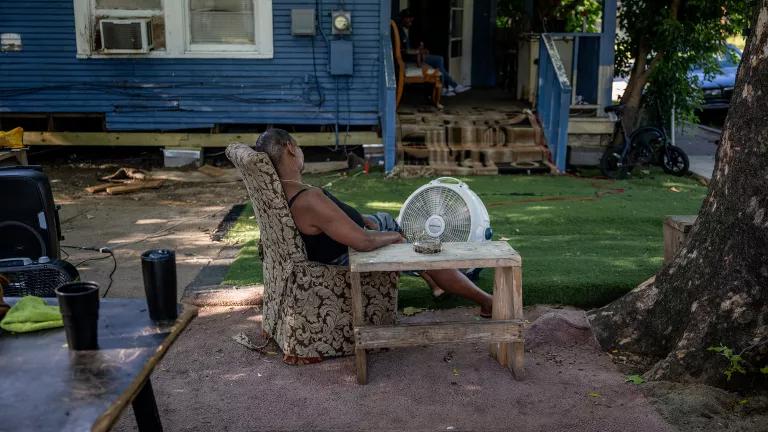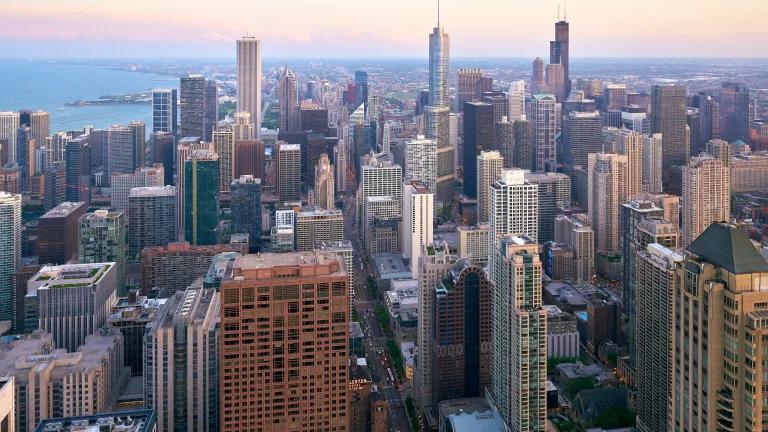NJ Extends Utility Shutoff Moratorium Through End of Year
NJ extends shutoff protection, through 2021, to millions at risk of losing water, electric, and gas service. A necessary step, while the state works to secure financial support for families that fell behind on utility bills during the COVID-19 emergency.

The New Jersey Legislature passed legislation yesterday (A 5820) ending the COVID-19 state of emergency in 30 days, but extending certain emergency orders until the year.
One of the orders extended is Gov. Murphy’s order prohibiting shutoff of essential utility services to New Jersey residents, including water, power, and heat. The order was due to expire on June 30, and the state’s utility companies had been pressing hard against an extension.
Governor Murphy negotiated the bill with legislative leadership, and announced that he will sign it into law today.
This provides critical protection to millions of New Jerseyans otherwise at risk of losing water, electric, and gas service because they have fallen behind on their bills during the COVID-19 emergency, as unemployment soared and families’ incomes feel dramatically.
The law also extends, through the end of the year, certain other emergency orders protecting New Jersey families, including a moratorium on evictions and foreclosures. People can now be assured not only that they won’t lose their homes for inability to pay back rent or mortgage bills in full, but also that they will retain access to essential services they need to live safely in their homes.
Some of the state’s utility companies will, no doubt, continue pressing Governor Murphy to end the moratorium before the end of the year, as the new law gives him the authority to do. But that would trigger an avalanche of shutoffs.
At the end of April (the most recent data released by the state), 350,000 households were behind on their electric and gas bills, and their arrears totaled more than $524 million – half of which was more than five months overdue. The state’s investor-owned water utilities, which serve 40% of New Jersey residents, have not disclosed data since December 2020, which showed $25 million in residential arrears, including over 37,000 households far enough behind that they were eligible to have their water service disconnected, were it not for the moratorium. Most water utilities – those that are publicly-owned – have provided no data at all.
Meanwhile, New Jersey is still months away, at best, from having a financial safety net to help customers who are unable to pay in full. The Board of Public Utilities (BPU) and Department of Community Affairs (DCA) are working on expanding existing programs and creating a new water assistance program, through a BPU proceeding and informal stakeholder process. The those agencies have identified a need for hundreds of millions of dollars more than they currently have access to, and the Legislature and governor yet to commit such funds.
New Jersey’s leaders are doing the right thing by extending the utility shutoff moratorium. Let’s use the coming months to finish the job, and make sure families unable to afford their water, sewer, electric, and gas bills don’t lose those essential services – now or ever.




